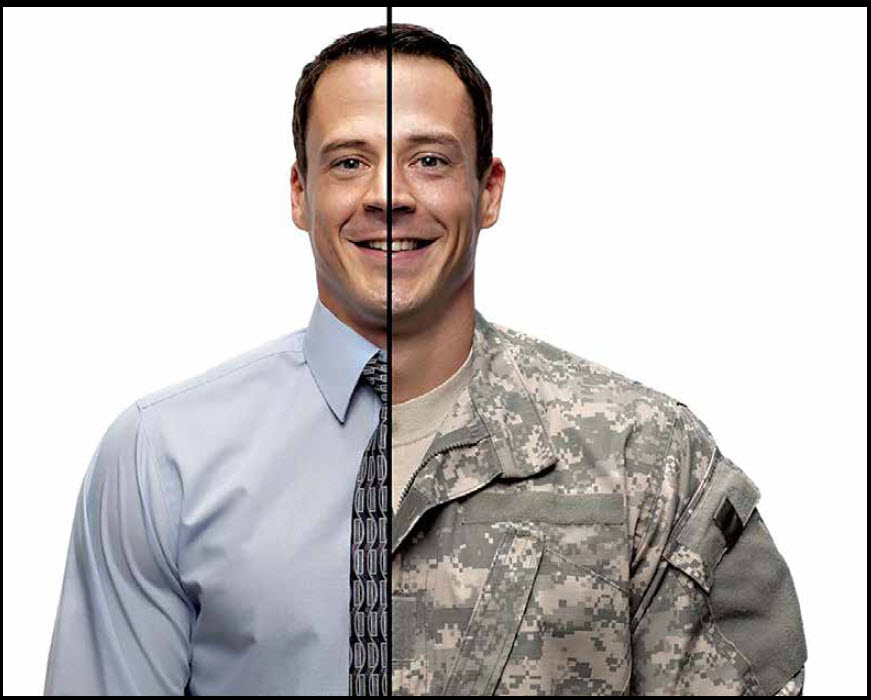All Things Soldier: The Veteran Wage Differential
 By: Ali ElizabethTurner
By: Ali ElizabethTurner
A study that has been published recently by the University of Akron in Ohio shows something most interesting: veterans make on average $5 more per hour than those who have never served. In terms of wage amount, veterans earn $26 dollars an hour and non-vets make $21. The ten-year study lasted from 2005 until 2015, and was conducted by Dr. Francesco Renna and Dr. Amanda Weinstein. Dr. Weinstein herself served; she graduated from the U.S. Air Force Academy and served in the USAF. Dr. Weinstein said she has wanted to research this subject since she was in graduate school. “The men and women that I had the opportunity to serve with in the military are highly skilled, dedicated, and hard working,” Weinstein said. “They have a lot to offer the workforce and the data shows that. Many people are surprised when I show them that veterans tend to have higher wages than non-veterans,” she said.

There were three sets of factors that seemed to suggest the reasons for the five dollar differential. Some of them drew from hard skills, some from soft. The hard skills were from years of familiarity with things like health care, flight, government, and engineering, many of which begin if a soldier enlists right after high school. By the time a soldier has ten years in, comparatively there has been much more time to be in the “real world” of formal education, on the job training in high skill work, and is years ahead of the competition. One set of soft skills has to do with the stabilizing effect of marriage, having children, and just being older.
The third set of factors covered in the study attributed the higher wages to skills veterans gain in the military itself. They pick them up simply from “being there,” whether it is in combat or during peacetime. There is a “life-changing something” that I have discussed endlessly that comes from being a part of a mission that had meaning, gave purpose, was bigger than one’s self, and that forced one to get good at conflict resolution. Today’s military works much harder at setting up its members for success both while they are serving and once they are out in the civilian world. One hundred years ago, no officer would have been caught dead teaching people skills to enlistees or junior officers, but it has become a positive move, and has proven to have a number of ramifications.
In a companion study conducted by the Graduate Center at the City University of New York, veterans that served in the post 9/11 era reflected the same findings. “The data indicate that between 2005 and 2015 employment, income, and educational attainment rates were consistently higher, and poverty rates consistently lower, than general nationwide rates.” This does not seem to match the perception that OIF and OEF vets are headed to a life under the bridge, and while there are those who struggle, the point is that they have been given the skills to succeed against the struggle, and that is good news for us all.
Ali Elizabeth Turner